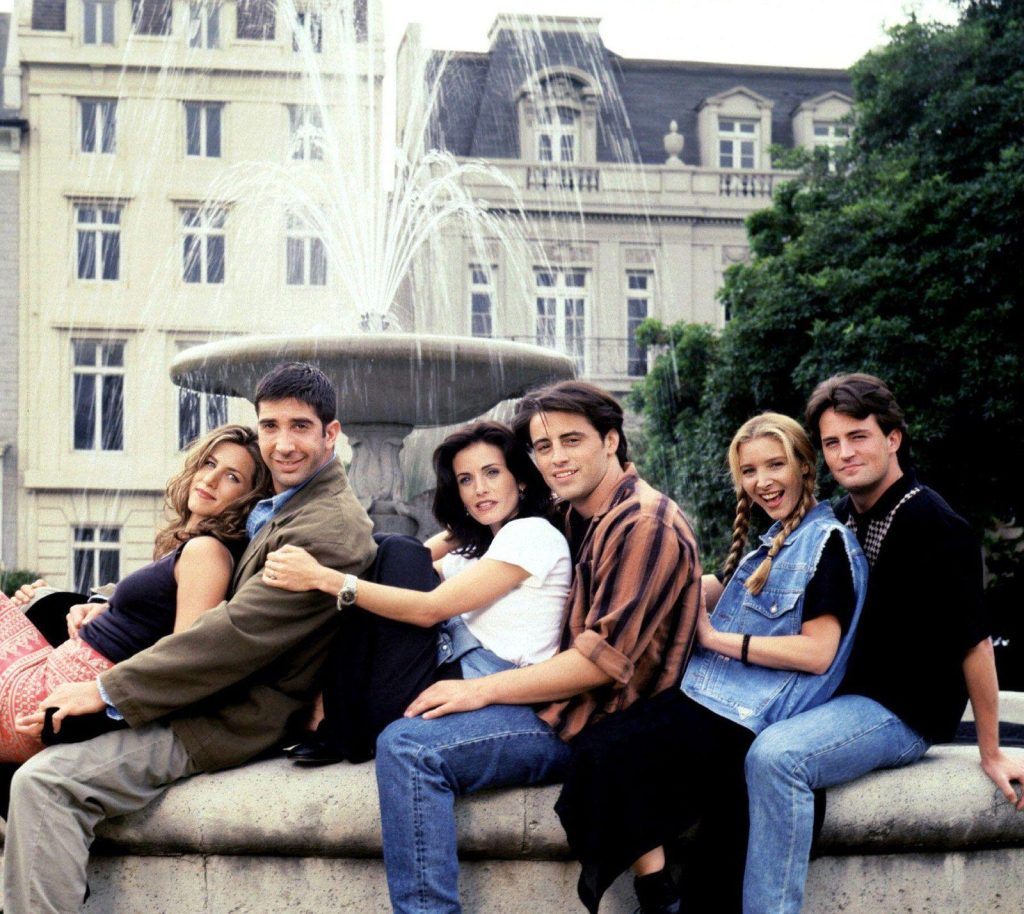In the world of television, few debates ignite as much passion as the question of whether a beloved show should gracefully bow out at its peak or continue to cater to its loyal fanbase. The decision to end a series on a high note or extend its run for the fans is a delicate balancing act, akin to a high-wire performance where one misstep can tarnish a show’s legacy or leave its audience yearning for more. As viewers, we’ve all experienced the bittersweet finale that leaves us with a sense of closure, yet we’ve also indulged in the comfort of familiar characters and storylines that stretch beyond their prime. This article delves into the intricate dynamics of this age-old dilemma, exploring the perspectives of creators, fans, and critics alike, as we unravel the complex tapestry of storytelling and fan service in the ever-evolving landscape of television.
Balancing Artistry and Audience Expectations
Creating television that resonates with viewers often involves a delicate dance between creative vision and audience expectations. Artistry demands authenticity, a narrative arc that feels true to the characters and the story. Yet, audience expectations can sway the direction of a show, as fans grow attached to characters and plotlines, yearning for more.
- Artistic Integrity: Writers and creators strive to craft stories that are cohesive and meaningful, even if that means concluding the journey sooner rather than later.
- Fan Service: A show’s longevity can bring joy to its followers, offering familiar comfort and continuous engagement.
While creators must honor their artistic intent, they also need to consider the passionate voices of their viewers. Striking a balance between these often competing interests can result in storytelling that not only satisfies the audience’s thirst for more but also maintains the essence that made the show compelling in the first place.

Exploring the Risks of Overstaying a Welcome
When a beloved TV show lingers beyond its prime, it risks tarnishing its legacy. Creative stagnation is a common pitfall, where storylines grow repetitive, characters become caricatures of themselves, and the initial magic fades. This can lead to viewer fatigue, with fans who once eagerly anticipated each episode now watching out of a sense of obligation. The dilution of quality often results in dwindling viewership and critical backlash, which can overshadow the series’ original success.
However, the decision to extend a show’s lifespan is not without its merits. For some, it offers an opportunity to explore new story arcs and character developments that were previously unexplored. Benefits of continuing a show include:
- Expanding the universe for spinoffs or related media.
- Providing a sense of closure to long-running storylines.
- Maintaining employment for cast and crew.
The challenge lies in balancing creative integrity with audience expectations, ensuring that each episode contributes meaningfully to the show’s legacy.

Navigating the Legacy: Ending with Impact
When a beloved TV series approaches its conclusion, the creators are faced with the daunting task of crafting an ending that resonates with its audience. Should they aim to end on a high note, wrapping up the narrative with a satisfying climax, or should they continue producing episodes to please a dedicated fanbase? The decision often hinges on several factors that can either enhance or diminish the legacy of the show.
- Story Arc Completion: A well-constructed ending can tie up loose ends and provide closure, ensuring the narrative is remembered fondly.
- Character Development: Concluding a series at its peak allows for characters to evolve naturally, leaving a lasting impact on viewers.
- Creative Vision: Sticking to the creator’s original vision can often lead to a more cohesive and meaningful conclusion.
On the flip side, extending a series for the fans can sometimes dilute its essence. While it may initially seem rewarding to explore more of the universe and its characters, the risk of diminishing returns looms large. Ultimately, the decision to end or continue a series should balance artistic integrity with audience satisfaction, ensuring the legacy left behind is both impactful and enduring.

Crafting a Satisfying Conclusion for Devoted Viewers
When a beloved TV series approaches its conclusion, it’s crucial to consider how to wrap up the storyline in a way that leaves devoted viewers feeling satisfied. Crafting an impactful ending involves balancing several elements that have made the show successful while providing a resolution that feels earned. Here are some key components to consider:
- Character Development: Ensure that the characters have reached a natural point of evolution. This means acknowledging their growth throughout the series and providing a resolution that reflects their journey.
- Plot Resolution: Tying up loose ends is essential. Unresolved storylines can leave fans feeling unfulfilled, so addressing major plot points is crucial for a satisfying ending.
- Emotional Closure: Offer viewers a sense of emotional closure, whether through poignant moments or a heartfelt final scene that resonates with the audience.
- Nostalgia: Pay homage to the series’ history with subtle nods or callbacks that reward long-time viewers, creating a sense of nostalgia and closure.
Ultimately, the goal is to deliver an ending that honors the series’ legacy while acknowledging the dedication of its fanbase. Whether it’s through a climactic finale or a more subdued farewell, the conclusion should leave an indelible mark, echoing the essence of the show long after the final credits roll.









